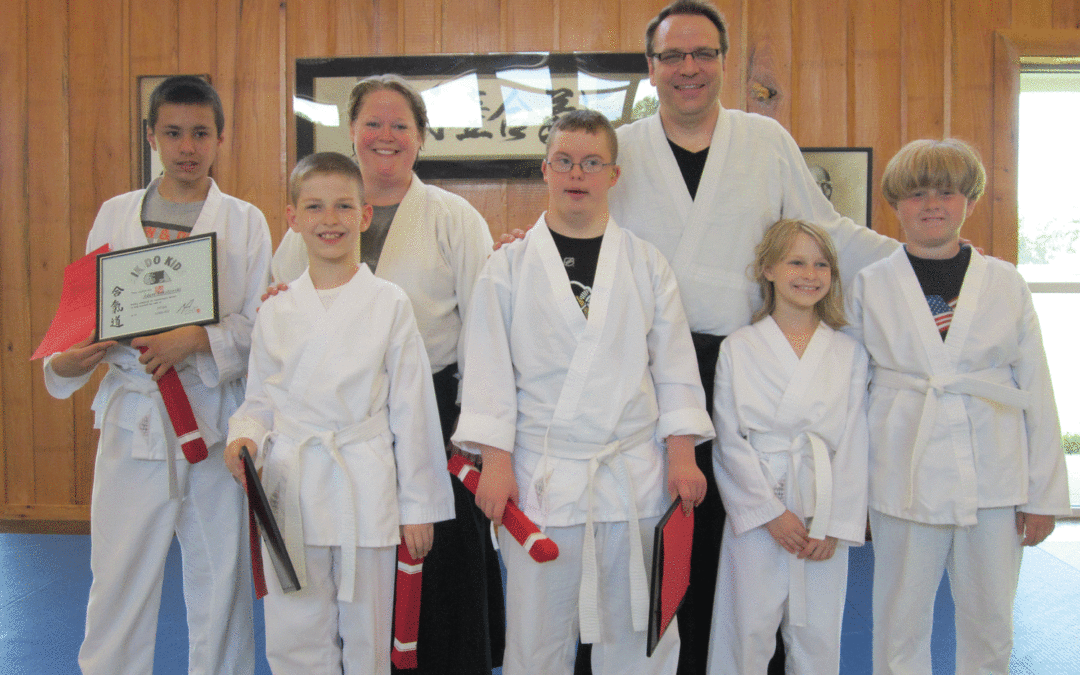By Aviv Goldsmith
Aikido is too good to be kept a secret. This is the title of my unpublished book. Time and again I have seen how Aikido can be a transformative tool for people and a solid developmental platform for youths.
When I was a teen, my mother was practicing Tai Chi at THE Tai Chi studio in New York City. As a teen, I thought the practice was uninteresting but since the studio was located in Chinatown and we’d go eat the best Chinese food for dinner afterward, I’d tag along on Sunday afternoons. Mom saw that I was not engaged with Tai Chi. The studio had students who were top martial artists from other disciplines. When one of them began offering a six-week introductory Aikido class at a community center near where we lived, Mom suggested that she and I to do it together. I loved the dynamic aspects of Aikido (that I didn’t see in Tai Chi) and the fact that we almost always worked with a partner gave immediate feedback. I was hooked for life. So it can be simply said that I started Aikido because I like Chinese food. It can also be said that I started Aikido due to the invitation from an insightful and supportive parent.
Now, almost five decades later, why do I do Aikido? It’s simple. Time and again I see that Aikido facilitates people becoming better people. Youth especially can empower themselves and make stronger connections with others through Aikido. Our dojo has had myriads of success stories and examples. Here’s a few anectodes about youth:
- Two shy homeschool girls surprisingly took to Aikido and have risen to the rank of nidan. They are now outgoing and self-confident college students, and have also become effective Aikido Assistant Instructors.
- Special education students that otherwise dread school that wake up on Saturday mornings eager to come to the dojo for their weekly Aikido classes.
- An autistic youth who in his high-school yearbook credited his successes to Aikido has now graduated from university and is a shodan pursuing a career in accounting.
- An abuse survivor whose mother was eager to come to the dojo herself to see who was this “Sensei” and what were all the great things that were being practiced in the dojo. Her daughter was previously wracked with anxiety but now was using breathing and centering practices to greet her daily activities instead of fear them.
- The behaviorally disabled youth who ran out of the dojo crying after her first rank exam. It was puzzling since she did so well on the exam. In talking to her afterward she explained that she was overcome with the joy of success. “I never accomplished anything before”, she said.
The successes are not only for the rare youths that train for years and rise through the ranks of colored belts and achieve black belt. Each student that does a trial class or trains for a three month introductory period has their lives enriched and their perspectives opened by Aikido training. Our job as Sensei is to share the many benefits of Aikido and to foster students’ personal growth.
O-Sensei said “Aikido is not for correcting others, it for correcting your own mind. This is the mission of Aikido and should be your mission”.
I am grateful for being on this mission and I want to share our successes via DojoCho.org


Recent Comments